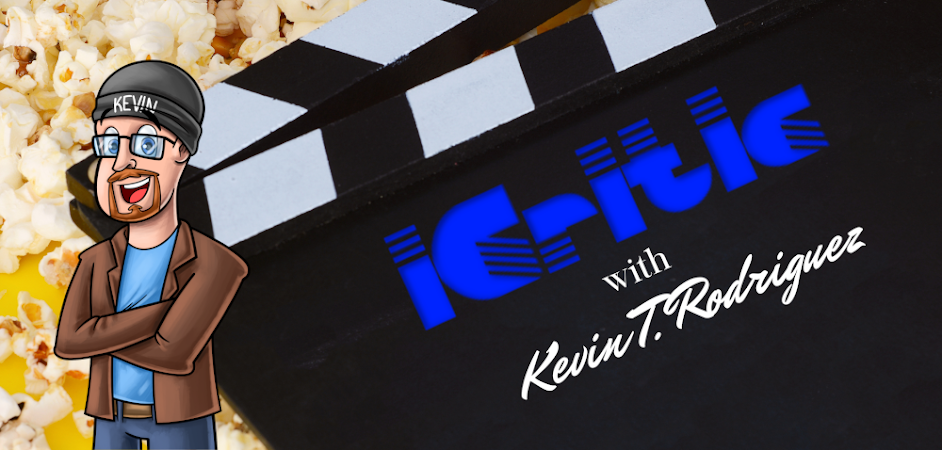Director: Mike Binder Starring: Kevin Costner, Octavia Spencer Studio: Relativity Media Genre(s): Drama Rated: PG-13 (On appeal for brief strong language, thematic material involving drug use and drinking, and for a fight) |
Now Elliot is going to be the primary caretaker of Eloise, but there could be trouble in the form of her other grandmother Rowena (Octavia Spencer), who is also called Grandma Wiwi (if I am getting that correct). Rowena wants shared custody of her granddaughter so that she may experience “black culture” for herself, and claims that Elliot is keeping her from understanding her cultural roots. She soon sues him for full custody when he outright refuses on the basis that he and his wife took care of Eloise their entire lives, they live in a nice neighborhood, and she goes to a great private school. Even the African-American judge finds the custody hearing to be absurd, looking over the life the little girl leads and commenting “you better be coming at this with some pretty radical information if you hope to win [custody].”

For most of us in the audience the trial represents something we wish wouldn't happen as frequently as it does: The pulling of the race card. Rowena accuses Elliot several times of not liking black people and trying to make his colored granddaughter as white as possible. He balks at this and tells her (in no uncertain terms) to basically go to Hell. She knows this is an effective argument though, and her brother Jeremiah (Anthony Mackie), who is acting as her lawyer, has decided this is the case they're going to make at the hearing. Hey, if the case worked in the OJ Simpson trial why wouldn't it work…you know what, never mind, I'm just going to drop that one. Early on the movie is flawed for this very reason because we have a smart, self-made woman taking a good man to court and using an argument that is not warranted in this situation.

The case becomes more complicated though when Eloise's father comes into the picture and joins the suite. Jeremiah doesn't want this man to be part of the case because he is “a walking stereotype white people love to use.” Rowena insists that this is all for him though, and seems to have a blind spot when it comes to her own son. We realize at this point she wants, more than anything, for her son to get his life back on track and take responsibility for his family that is long overdue. The movie is actually at its best when Elliot takes the stand at court and has to answer the question of whether or not he is a racist. In a long, heartfelt speech, he talks about the situation they are in, racist slurs he has used in the past, and how race seems to color every situation in a day and age where we should be past that.

It's this speech that made me look back at the movie on a whole and wonder if my problems with the movie was all perception as well. It's pretty clear Elliot has a much better head on his shoulder than Rowena does for most of the film, but did that fact bother me because it was another example of a white guy being the hero in a black movie (as Spike Lee once claimed)? Were some of the problems I had with the film that the white people seemed to have it more together than the black people, were less prone to excuses? I have no idea. Since I've sat on it for a few days I have decided that “Black or White,” for all of its clichés, is far more balanced on the subject than most would like to admit.

What makes it feel problematic is my expectations on how black and white relationships should be portrayed, and I have a feeling people of different ethnicities will have their own expectations as to how they will want “their kind” represented in this film. That seems very unfair to the movie itself, as the story is very compelling and I think most of the characters end up having far more complexity than we originally see. Whether we agree on those portrayals shouldn't even be part of the conversation. Why can't these people just be people? Why put our race portrayal expectations on them in the first place? That's not to say “Black or White” is a great movie as it only barely manages to get by thanks to some cliché writing, but I think our reaction to the material could say a lot more about where we currently are with relationships we have with people of the other race. Whether that makes you want to see this movie or not is entirely up to you.

|
|
|
|
| CONSUMER ADVICE |
Parents, there is one use of the f word and some drug use. Recommended for ages 12 and up.
|



